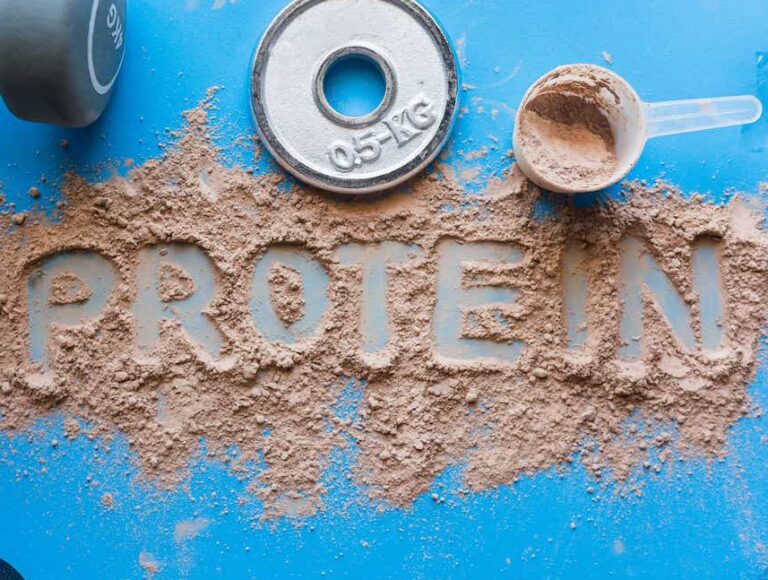What is Autophagy
Autophagy can be referred to as a “cleansing process” that happens inside your body. Think of it as having a garbage truck that picks up scrap and rubbish and burns it for energy. The same thing happens inside your body when it is given the opportunity for autophagy.
Your body identifies old, damaged or unnecessary cells, and “picks them up” to break them down and reuse the materials. This helps your body maintain healthy function and prevent disease.
Will autophagy help you keep your body young and healthy by removing damage and building new cells?
Related: Does the keto diet trigger autophagy?
Why Autophagy is important
Autophagy is a natural process that occurs in our bodies and is essential for maintaining good health and well-being. But what is autophagy and why is it important? Let’s take a closer look.
Autophagy is a process where our body “cleans” itself by identifying and breaking down old, damaged or unnecessary cells. This helps the body maintain healthy function and prevent disease.
Here are some of the key benefits of autophagy
- Improved health: Autophagy helps our body fight disease by removing damaged cells and improving the function of healthy cells.
- Increased energy production: When our body breaks down old cells, it releases energy that can be used to support other functions in our body.
- Reduced ageing process: Autophagy helps our body preserve younger cells and slow down the aging process.
- Supporting weight loss: Autophagy can also contribute to weight loss by boosting metabolism and helping our body burn fat. See study
How can you increase autophagy in your body?
Intermittent fasting and a low-carb or keto diet can support autophagy. In addition, you should include more vegetables in your diet to give your body the nutrients it needs.
All in all, autophagy is an important process for maintaining good health and well-being. By increasing autophagy in your body, you can do better in life by improving your health, increasing your energy levels and slowing down the aging process.

Frequently Asked Questions
Autophagy is a natural process in the body where cells break down and recycle unnecessary or damaged components to maintain their health and function.
It is possible to achieve autophagy through fasting, exercise, calorie restriction and a low-carbohydrate diet.
Autophagy occurs continuously in the body, but increases when the body is under stress, such as during fasting, exercise or ice baths.
A cell is the basic building block of all living organisms, and is responsible for performing all the functions of the body.
Research has shown that fasting can have a number of health benefits, including weight loss, improved metabolic health, and reduced risk of certain diseases.
How Periodic Fasting supports Autophagy
Intermittent fasting is a technique where you consciously reduce your intake of food and drink over a set period of time. This can help improve health, increase energy levels and boost autophagy in the body. But how does intermittent fasting work to support autophagy? Let’s take a closer look.
Autophagy is a natural process that occurs in the body, where it “cleans” itself by identifying and breaking down old, damaged or unnecessary cells. Intermittent fasting can help with autophagy by giving your body a break from focusing on digestion and allowing it to focus on autophagy.
Here are some of the key ways intermittent fasting supports autophagy:
- Reduced insulin resistance: According to the National Library of Medicine, autophagy helps in the reduction of insulin resistance.
- Reduced oxidative stress: Intermittent fasting can help reduce oxidative stress by giving the body a break from digesting food, giving it the opportunity to focus on repairing damage and improving function.
- Stimulation of mitochondria: Intermittent fasting can also help increase the number and activity of the body’s mitochondria, which are responsible for producing energy.
Examples of intermittent fasting include the 16:8 method, where you eat for an 8-hour period and fast for the rest of the day, and the 5:2 method, where you eat normally for 5 days and reduce your calorie intake for the remaining 2 days.
In conclusion, intermittent fasting can support autophagy by increasing insulin sensitivity, reducing oxidative stress, and stimulating mitochondria. If you want to improve your health and increase autophagy, it may be worth considering including intermittent fasting in your lifestyle.
Summary:
Autophagy is a process in which the body’s cells repair and cleanse themselves by breaking down and removing damaged or unusable parts. This helps to preserve and improve the health of the cells and the whole body, as well as prevent age-related diseases and extend lifespan.
Intermittent fasting and low-carb diets can support the autophagy process by reducing blood sugar levels, increasing fat burning and reducing inflammation. Ice bathing is a common belief and can increase the autophagy process.
Vegetables contain nutrients, antioxidants, fiber and help reduce inflammation, which is also good for your health.






